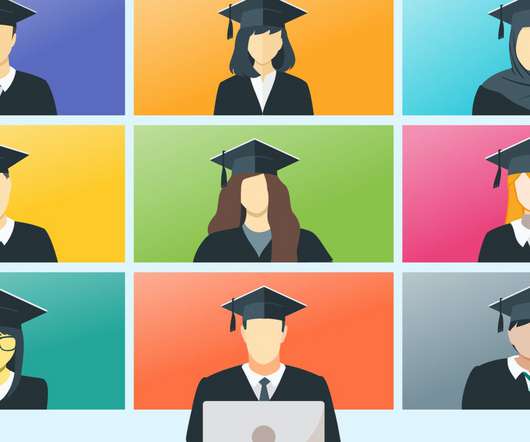It’s 2020: Have Digital Learning Innovations Trends Changed?
Edsurge
FEBRUARY 27, 2020
In early 2017, organizations that have focused on digital learning came together to better leverage their strengths and capacities for a common goal: improving student success. The first goal was to create an environmental scan of the digital learning environment in higher education with a focus on adaptive technology.










































Let's personalize your content